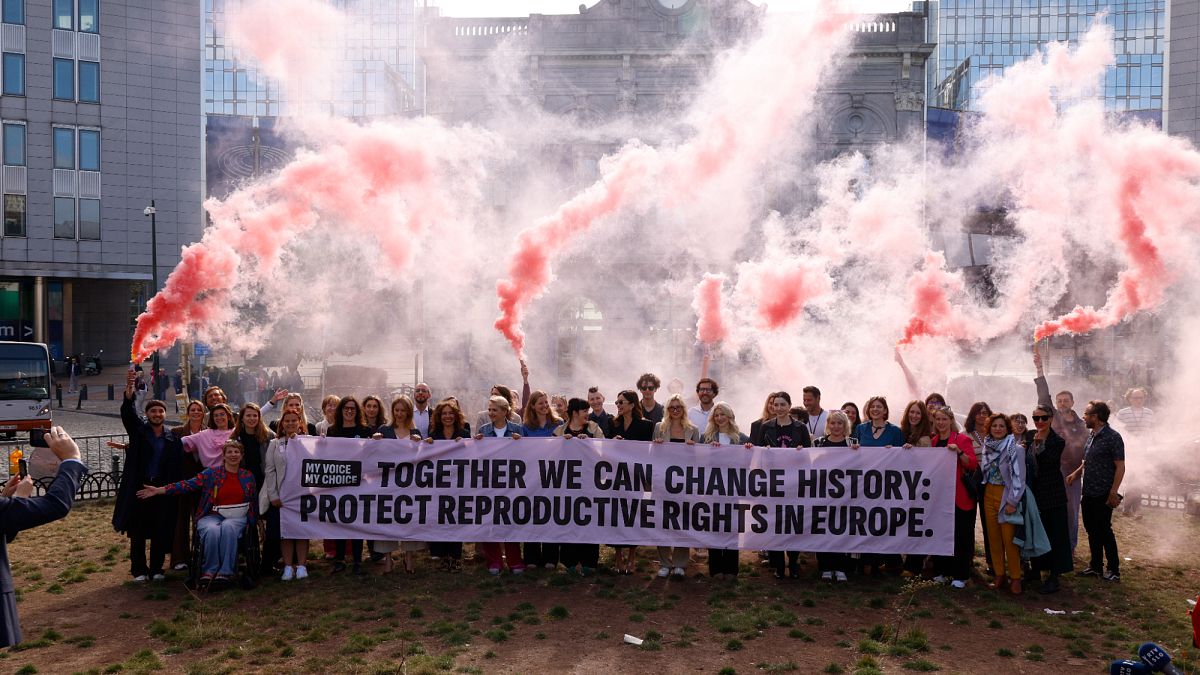The Government has sent a warning signal to regional councils, suggesting they may be abolished following the replacement of the Resource Management Act later this year.
Last week, Regional Development Minister Shane Jones told the Local Government Forum there was “less and less of justifiable purpose maintaining regional government”.
“After the upcoming changes to the RMA, I doubt – well, certainly in the party I belong to – that there’s going to be a compelling case for regional government to continue to exist.“
There are currently 11 regional councils across the country responsible for the management of natural resources, flood control, and biosecurity.
Working at a more local level are more than 60 city and district councils which look after a wide range of matters from local roads, sewage and refuse collection to libraries and parks.
In some areas, all those responsibilities come under one organisation such as Tairāwhiti, which has a sole Gisborne District Council which manages everything.
Meanwhile, some regions, such as Hawke’s Bay, have four local councils and a regional council.
‘Still incredibly unsatisfied’
Some Hawke’s Bay residents who struggled with regional council decisions following Cyclone Gabrielle agreed with the Government’s position, saying the idea of amalgamation could make life easier.
Among them is local man Daniel Gale, whose campground was labelled by the Hawke’s Bay Regional Council as category 3 with an intolerable risk to life.
Gale has fought that for more than two years and said he could mitigate that risk with sufficient flood warnings.
“Still incredibly unsatisfied with the actions and/or lack of actions from Hawke’s Bay Regional Council in regards to our land categorisation and its process,” he told 1News. “We have put it in formal complaints about the lack of process and our resolving category which doesn’t align with other areas.”
While the regional council sets the land categories, the district council enforces them. Gale said going back and forth between the two has made the tough cyclone recovery process more difficult.
“I’d describe it as poor lack of engagement, no individual site assessments, and lack of willingness to properly engage and have a grown-up conversation,” he said.
“I’d like to see it all rolled together into one so you’re only dealing with one organisation.”
‘Focused on vanity projects’ – Luxon
Speaking to media in Brussels, Prime Minister Christopher Luxon said there were too many layers of government in New Zealand that drove too much bureaucracy.
“Some councils are doing an exceptional job, some are doing a very poor job. We want to focus on the must-do stuff, not very nice to do stuff. We don’t want them focused on vanity projects – we want to make sure they’re getting good value for their ratepayers.”
Speaking on behalf of regional councils nationwide, Greater Wellington Regional Council chairman Daran Ponter believed they were the solution, not the problem.
“When people talk about getting rid of regional councils, they’re really talking about reallocating the functions that regional councils do, and we’re up for that conversation.”
Ponter said regional councils could be seen as the “building blocks for local government reform”.
“The idea that we have more than 70 local authorities in New Zealand when we could have somewhere to 16 to 20 means that regional councils really provide the nucleus for what local government reform could look like in the future.”
He added that while local government has been calling for reform “for some time” and is “certainly up for the conversation”, the dialogue has been “sort of knee-jerk”.
“‘Shoot the regional council’ or ‘shoot the district councils’ or whatever. It is not particularly helpful.”
Ponter said it would be more constructive to have an “understanding from the Government about what they actually want to achieve in this space, rather than saying what they don’t want”.
“That would be really good to have a Government that says what they do want and how they think local government might be structured in the future to better meet the needs of the community and the environment.”
Ponter planned to meet with Jones to discuss further concerns.
How do other councils feel?
Gisborne Mayor Rahette Stoltz told 1News that for them, having one council has “worked well”, but it “might not work and it might not be fit for purpose for everyone across the country”.
Meanwhile, Wairoa Mayor Craig Little said recent weather events have highlighted the downfalls of the current structure.
“When it’s costing regions like Wairoa a hell of a lot of money to do things that it shouldn’t be, that’s when I question the regional council big time.”
Local Government New Zealand told 1News councils are having conversations about how to improve the structure of local government and said a strategic approach is needed, rather than reacting to individual pieces of government reform.
However, Local Government NZ acknowledged the current process can make it difficult for councils to work together locally, even if it would make sense to do so.












